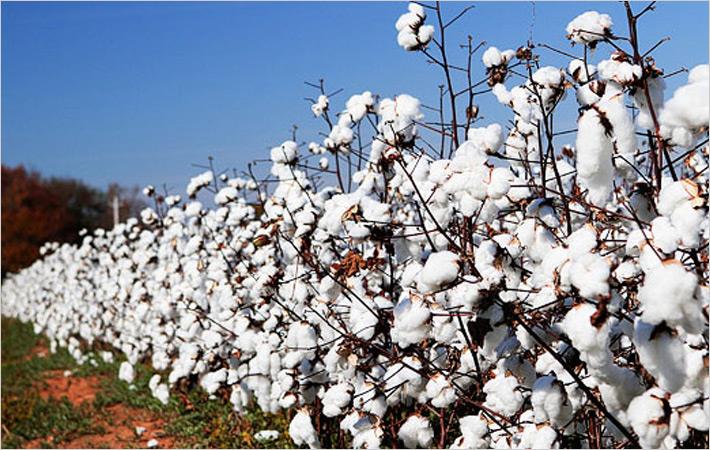
Cost inputs dropped by 19.2 per cent, while there was 40 per cent reduction in the use of chemical fertilisers in cotton farming with 10 per cent decrease in water usage.
Nearly 1,251 farmers had participated in the first three years of the programme which began in 2013. Last year, Primark had announced that the programme would be extended to reach a further 10,000 farmers over a six-year period.
“Creating sustainable, long-lasting change in cotton-growing communities in India can be challenging. It is something that no one organisation can achieve alone. By partnering with Primark and SEWA, we’ve been able to achieve significant results for the programme farmers, their families and the broader community,” said Alison Ward, CottonConnect’s CEO.
“Primark’s long-term ambition is to ensure all the cotton in our supply chain is sourced sustainably. We approached SEWA and CottonConnect because we wanted to develop a project that would give us invaluable insight into producing sustainable cotton and make a meaningful difference for cotton farmers in India,” said Katharine Stewart, Ethical Trade and Environmental Sustainability director at Primark.
“Key to the programme’s success was gaining the support of male elders and family members. In doing so, we’ve seen a real cultural shift - women’s voices are now heard and respected, and they are part of the decision-making process with their families and communities. We’ve seen what’s possible with a small group of just over 1,000 farmers, but it’s clear that this approach holds great potential. We’re looking forward to seeing the impact of the programme on our next intake of female smallholders,” added Ward.
“We knew that to have maximum impact, the programme needed to be delivered by experts on the ground with local knowledge and expertise to engage with smallholders and their families. In doing so it has shown that sustainable farming methods are good for the environment and farmers’ incomes. But more than that, this programme has improved lives. It has helped to empower these women and narrow the gender inequality gap in their communities. We’re looking forward to reaching even more women in the coming years,” explained Stewart.
Varsha Agola, a Primark’s Sustainable Cotton Programme farmer said, “Before joining the programme, everything I knew about farming was from learning by doing. After three years of training I can now say that I’ve gained expert skills in growing cotton. As a result, my crops and profit have gone up and I am able to enjoy a better livelihood. Both my children are in education and I’ve been able to build a new house, buy a tractor and lay 18,000 feet of pipeline from the nearest canal to my fields. I have also been elected as village head and I’m looking to share my experience and encourage other women to consider the programme.”
“From our experience working with rural poor women workers across India, we know that employment is the key to women’s economic empowerment and self-reliance, both economically and in terms of their decision-making ability… This programme marks the first time SEWA has collaborated with a western brand and a specialist agricultural organisation to bring about lasting, sustainable change in women farmers. What’s most exciting is the impact the programme is having on not just the women farmers themselves, but the broader village community too,” Reema Nanavaty, SEWA leader. (RR)
Fibre2Fashion News Desk – India